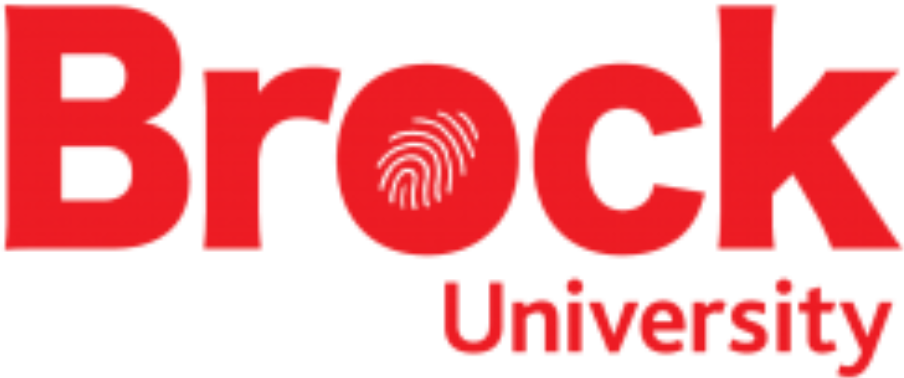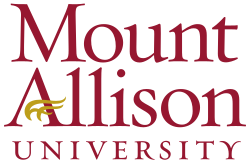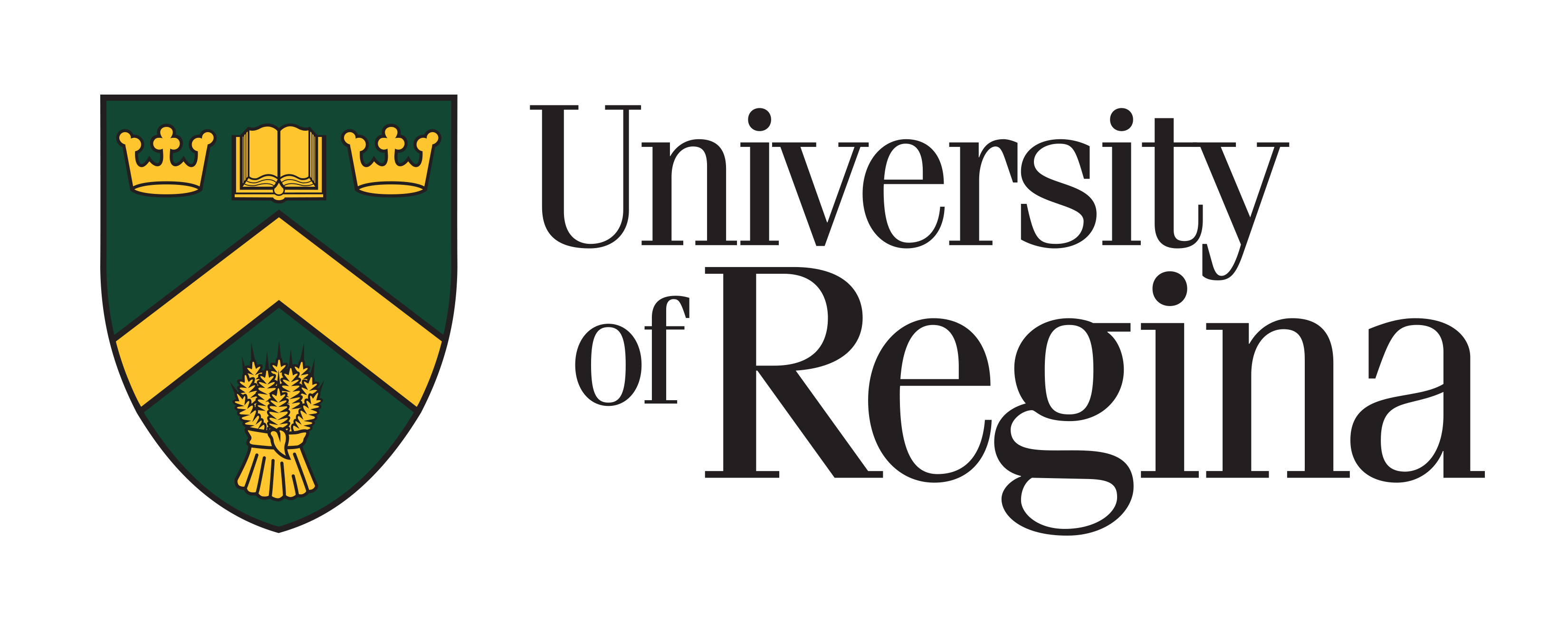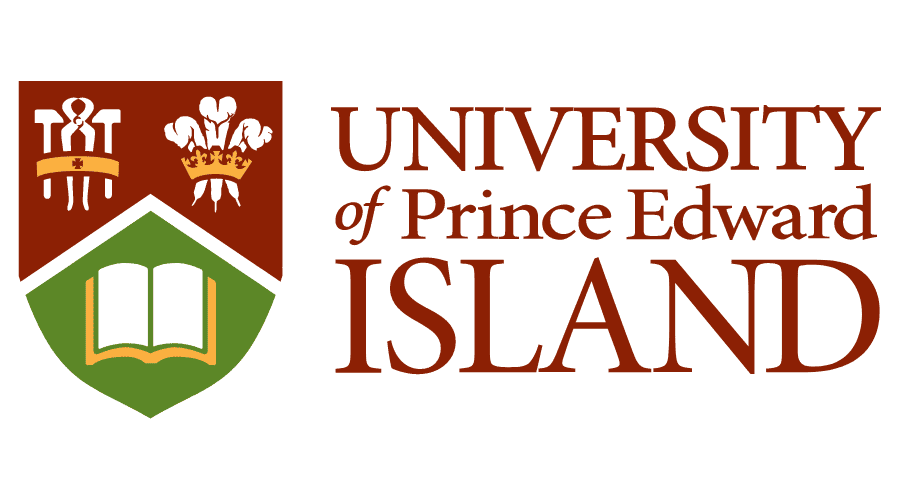About Canada
Canada, renowned for its high quality of life and vibrant cities like Toronto, Vancouver, and Montreal, offers Indian students an exceptional environment for both academic and personal growth. With a wide range of programs available—from research-driven degrees in fields like engineering, business, and healthcare, to career-focused courses through community colleges—Canada’s internationally recognized institutions provide world-class education. Indian students can choose from three major intakes each year: January, May, and September, with the academic year typically running from September to May, divided into two semesters. Many institutions also offer a summer session for select programs, giving students flexibility in their academic journey.
Canadian education is further enhanced by the Study Direct Stream (SDS), which expedites the visa application process for students meeting specific criteria. This means faster visa approval and an easier transition into student life. Additionally, students can work 20 hours per week during the semester and full-time during breaks, allowing them to gain valuable work experience while managing living costs. Canada’s focus on innovation, diverse cultural environment, and a safe, supportive community make it an ideal destination for Indian students, offering not just an education but also the opportunity for future career success in a thriving global economy.
Why Canada:
- World-Class Education: Canada’s education system is internationally recognized for its quality, offering a wide variety of programs across numerous prestigious institutions.
- Research & Practical Learning: Canadian universities offer research-driven programs, especially in STEM fields, with opportunities for co-ops, internships, and hands-on experience.
- Work While Studying: International students can work up to 20 hours per week during terms and full-time during breaks, both on-campus and off-campus (with a valid permit).
- Post-Graduation Work Permit: Stay and work in Canada for up to 3 years after graduation with a Post-Graduation Work Permit.
- Clear Immigration Pathways: With programs like Express Entry and Provincial Nominee Programs (PNP), students can easily transition to permanent residency.
- Safe & Inclusive Environment: Canada is known for its safety, multicultural society, and welcoming atmosphere, creating an ideal environment for international students.
- High Quality of Life: Ranked as one of the best countries for quality of life, Canada offers beautiful landscapes, excellent healthcare, and a balanced lifestyle.
- Scholarships & Financial Aid: Numerous scholarships and funding options are available to help students reduce their education costs.
- Career Opportunities:With a growing economy, Canada offers abundant job opportunities in various sectors, especially technology, engineering, and healthcare.
- Post-Study Work & Networking:Gain valuable Canadian work experience post-graduation and expand your professional network with a diverse, global student community.
- Point-Based Immigration System: Canada’s point-based immigration system makes it easier for international students to qualify for permanent residency based on education, skills, and experience.
Popular Courses in Canada
Computer Science & IT
Engineering – Electrical, Mechanical, Industrial, Civil
Business Analytics
Health Informatics / Health Care Informatics
Management Information Systems
Business Management
Environmental Science
Renewable Energy
Healthcare Administration
Finance
Canada Admission Requirements:
- 1.Academic Transcripts: Transcripts from previous education (high school for undergraduate, bachelor’s degree for graduate, master’s degree for PhD).
- 2.Valid Passport
- 3.Standardized Tests:
- SAT/ACT for undergraduate programs
- GRE Required for MBA or certain graduate programs.
- Research Proposal:Required for PhD programs.
- 4.English Proficiency:
- TOEFL iBT: 61-80 (varies by institution).
- IELTS: 6-6.5 (varies by institution).
- DET: 90-120 (varies by institution).
- 5.Recommendation Letters:3 letters from professors or employers (especially for graduate and PhD applicants).
- 6. Statement of Purpose (SOP):Explain your motivation for studying the program (graduate and PhD).
- 7. Resume/CV: Updated resume highlighting academic achievements and work experience (especially for graduate and PhD applicants).
- 8. Financial Proof: Bank statements, affidavit of support from sponsor to show financial capability.
- 9. Letter of Acceptance: rom a Designated Learning Institution (DLI) in Canada.
- 10. Passport Copy: A photocopy of your passport.
- 11. Passport-size PhotographsTypically 2-3 recent passport-sized photos.
- Financial Proof:
- GIC (Guaranteed Investment Certificate): CAD 10,000 (approx.) to demonstrate financial ability.
- Tuition Payment Receipt:Proof of tuition fee payment or funding.
- 12.Visa Application Form: Completed form for a student visa application.
- 13.Quebec Certificate of Acceptance:Only required if planning to study in Quebec.
Education Costs for Studying in the Canada
| Education Costs for Studying in Canada: | |
|---|---|
| Diploma & Advanced Diploma Courses: | CAD$11,000 – CAD$13,000 per year depending on the course.* |
| Bachelor’s Degrees: | CAD$13,000 – CAd$19,000 per year for most undergraduate degrees* |
| Post-graduate Degrees: | CAD$12,000 and ranges up to CAD$22,000* |
| Living Expenses | |
|---|---|
| Accommodation: | CAD 400 - CAD 600 (Sharing) |
| Groceries: | CAD 200 - CAD 300 (sharing) |
| Transportation: | Inside Toronto CAD 128-165 (Public Transport TCC Pass) |
| Outside Toronto CAD 140-200 ( Public Transport: GO Transit or TTC pass ) | |
| Miscellaneous Expenses | CAD 100 -150 Typically around |
*Fees are for informational purposes and may vary by university. Accommodation and miscellaneous costs differ based on student preferences and cities of residence*
Top universities
Have a question? Check out the FAQ
What is the difference between colleges and universities in Canada?
Universities in Canada offer degree programs (Bachelor’s, Master’s, PhD) focused on academic and research studies. Colleges offer diploma and certificate programs that provide practical, career-focused training in areas like technology and trades, typically lasting 1-2 years.
Does a Diploma Hold Value?
Yes, diplomas from Canadian colleges are valuable as they provide practical skills and hands-on experience in various career fields, making graduates job-ready and attractive to employers.
What are the healthcare options for international students in Canada?
International students must have health insurance. Some provinces provide government health coverage, while others require students to buy private insurance.
What is the process for extending my study permit?
To extend your study permit, apply online at least 30 days before it expires. You'll need proof of enrollment and enough funds to support yourself during your studies
Are there scholarships available for international students in Canada?
Yes, many Canadian universities offer scholarships for international students. Visit the university websites to find details on available scholarships and how to apply.
How do I apply for a Canadian student visa?
To apply for a Canadian student visa, you need an acceptance letter from a Designated Learning Institution (DLI), proof of sufficient funds (such as a bank statement or GIC), a valid passport, English proficiency test scores (TOEFL, IELTS, or PTE), passport-size photos, and a completed visa application form. Some may require a medical exam or police certificate.
Is a medical check-up required for the visa? And where can they get it done?
Yes, a medical check-up is required for a Canadian visa. Students must undergo the exam with a panel physician approved by the Canadian High Commission. Approved physicians are available in various cities across India.










